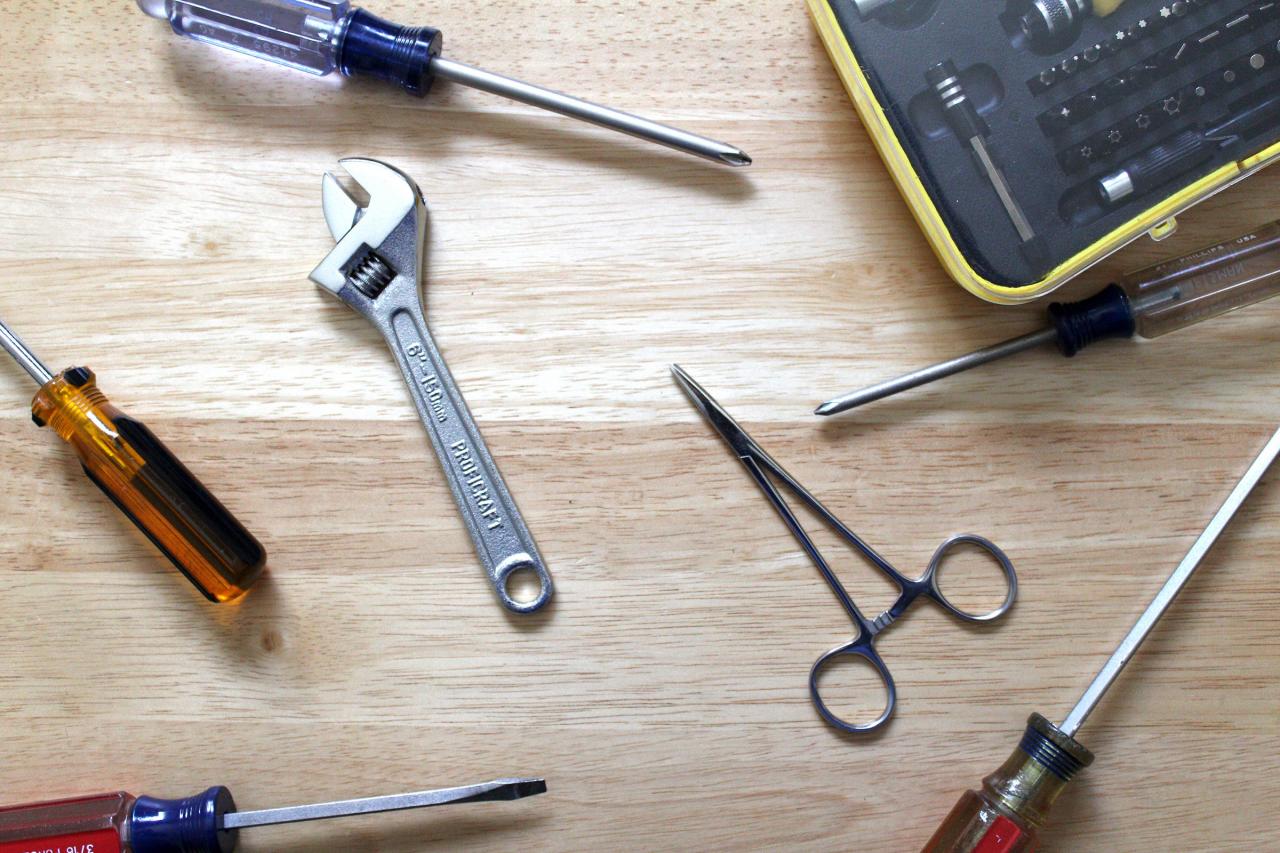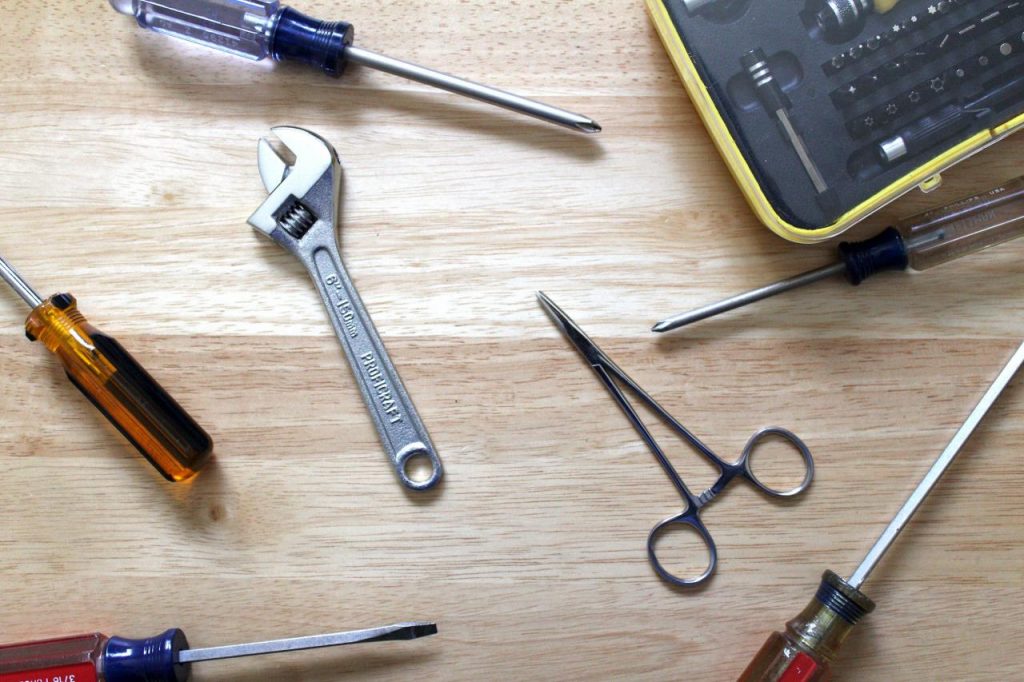Have you ever found yourself in a pickle with a malfunctioning computer and no idea how to fix it? Fear not, fellow tech enthusiasts! In this article, we will delve into the world of essential tools for DIY PC repairs, helping you build the ultimate toolkit to tackle any computer crisis that comes your way. Whether you’re a seasoned pro or a newbie in the world of computer troubleshooting, having the right tools at your disposal is key to successfully repairing and maintaining your PC. So grab your screwdriver and get ready to dive into the world of DIY PC repairs!

Must-Have Basic Tools for DIY PC Repairs
When it comes to DIY PC repairs, having the right tools on hand can make all the difference. Whether you’re upgrading components, troubleshooting issues, or building a new system from scratch, having a well-stocked toolkit is essential. Here are some must-have basic tools that every DIY enthusiast should have in their arsenal:
- Screwdriver Set: A good quality set of precision screwdrivers is essential for opening up your PC case, securing components, and making adjustments.
- Anti-Static Wrist Strap: To protect your sensitive electronic components from static electricity, an anti-static wrist strap is a must-have for any DIY PC repair job.
- Wire Cutters and Strippers: Having a pair of wire cutters and strippers on hand can be invaluable for making clean cuts and connections when working with cables and wires.
These are just a few basic tools to get you started on your DIY PC repair journey. As you gain more experience and tackle more complex projects, you may find yourself adding more specialized tools to your toolkit. But having these essentials on hand will help you handle most common repair and maintenance tasks with ease.
Specialty Tools for Advanced Troubleshooting and Upgrades
Specialty tools can make all the difference when it comes to advanced troubleshooting and upgrades for your PC. These tools are essential for DIY enthusiasts looking to take their repairs to the next level. One tool that should be in every enthusiast’s arsenal is the **electronic screwdriver**. This tool makes taking apart your PC a breeze and helps prevent damage to delicate components.
Another must-have tool is a thermal paste applicator. Applying thermal paste correctly is crucial for keeping your PC running smoothly and efficiently. An applicator ensures an even and precise application every time. PC diagnostic cards are also invaluable for troubleshooting tricky issues. These cards help pinpoint the source of problems quickly and accurately, saving you time and frustration.
For those looking to upgrade their PC, a static wristband is a must to prevent damage from static electricity. Additionally, cable management tools like zip ties and cable combs can help organize your components and improve airflow. Investing in these specialty tools will not only make your DIY repairs easier but also help prolong the life of your PC.
Additional Accessories to Enhance Your Toolkit and Efficiency
When it comes to DIY PC repairs, having the right tools at your disposal can make a world of difference in efficiency and effectiveness. In addition to the basic toolkit essentials like screwdrivers, pliers, and thermal paste, there are additional accessories that can further enhance your toolkit and streamline the repair process.
One essential accessory to consider adding to your toolkit is a grounding strap or mat to prevent static electricity from damaging sensitive components. This simple addition can help protect your valuable hardware and prevent costly mistakes during repairs.
Another useful accessory to have on hand is a cable management kit, which can help keep your workspace organized and prevent tangled cables from becoming a major headache. With velcro straps, cable clips, and other tools included in these kits, you can easily keep your cables neat and tidy.
Additionally, investing in a high-quality thermal paste applicator can help ensure proper application of thermal paste, resulting in improved heat transfer and overall performance of your PC. With precision application tools, you can achieve optimal thermal conductivity and keep your system running smoothly.
As you embark on your journey to become a DIY PC repair expert, remember that having the right tools is essential for success. With a well-stocked toolkit at your disposal, you’ll be able to tackle any computer issue with confidence and precision. So gather your screwdrivers, thermal paste, and anti-static wrist strap, and get ready to dive into the world of DIY PC repairs. With the right tools and a little know-how, there’s no PC problem you can’t solve. Happy repairing!


